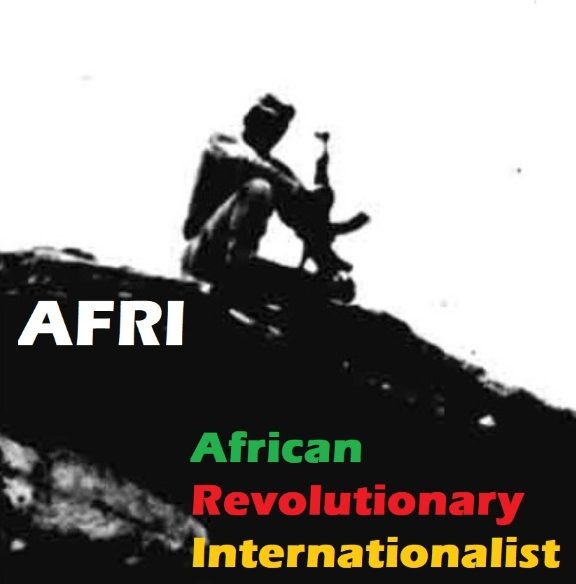
Remembering Mwalimu Julius Kambarage Nyerere
“Neo-colonialism is being fought more effectively, I think, with a new leadership in Africa. And I believe the one region which can lead this fight is our region. With the end of apartheid and South Africa having joined SADC, this area of Africa is a very solid area.”
– Julius Nyerere (Cape Town, 16 October 1997) –
On 14 October 1999, Mwalimu Julius Nyerere died in a London hospital of leukaemia and was buried in his home town, Butiama, Tanzania. Julius Kambarage Nyerere was born on 13 April 1922 in Butiama village, next to Lake Victoria, in Tanganyika, a name given to the British colony in Tanzania’s territory from 1919 until 1961. Julius was the son of Chief Nyerere Burito and his 22nd wife, Christina. He went to missionary schools in Tabora and later on studied education at Makerere University College, Uganda. In 1946, Nyerere got his degree and returned to Tabora to teach and was in 1949 selected, as the first Tanganyika citizen, to do his master’s degree in history and economics at Edinburgh University.
Nyerere returned to Tanganyika in 1952, having graduated with a Master of Arts degree, and began to teach at a high school in Pugu, near Dar es Salaam. During his period when he was teaching at Pugu, he joined the Tanganyika African Association, which later became the Tanganyika African National Union (TANU), an anti-colonialist African nationalist party. After being elected president of TANU in 1954, he



